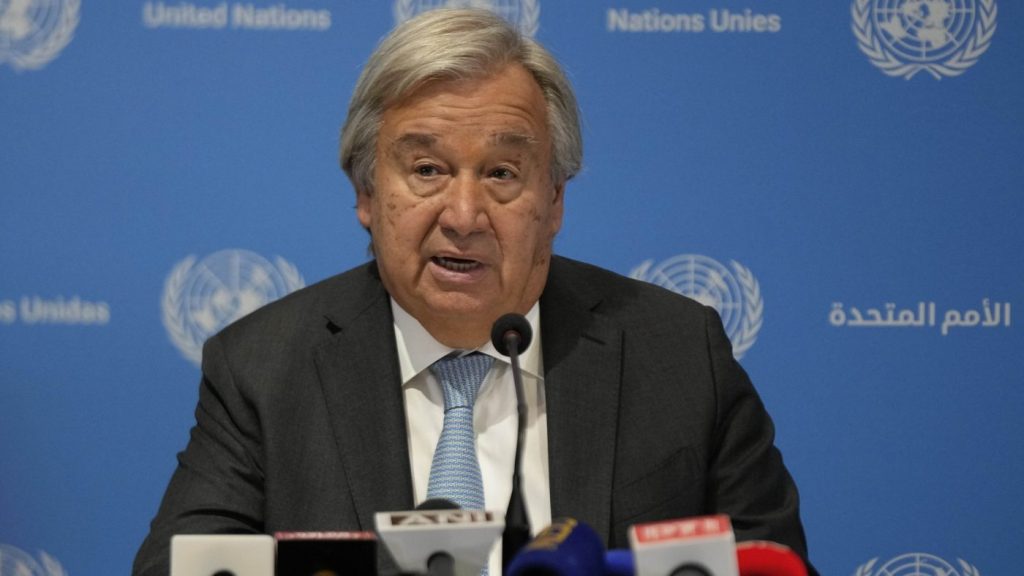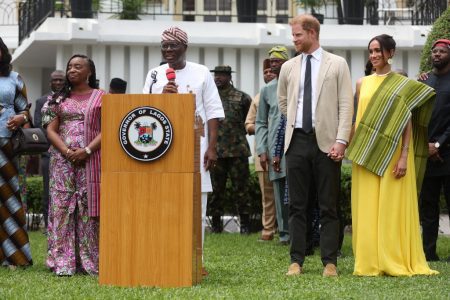The Secretary-General of the United Nations, António Guterres, has urged for compensation to be provided to the victims of slavery to address the impact of the transatlantic slave trade, which resulted in enslaved people being denied access to education, healthcare, opportunities, and prosperity.
Guterres called for the implementation of reparatory justice frameworks to address the long-standing exclusion and discrimination faced by the descendants of enslaved individuals. said MondayThis statement was made on the International Day of Remembrance of the Victims of Slavery and the Transatlantic Slave Trade.
He further appealed for the creation of an environment that allows for healing, repair, and justice.
European merchants forcibly transported over 12.5 million Africans on their ships to be sold into slavery, with some individuals profiting from the labor of enslaved people. The survivors were subsequently placed on plantations in Brazil and the Caribbean.
Guterres highlighted that this system laid the groundwork for a violent discriminatory system based on white supremacy, which continues to have repercussions in modern times. Descendants of enslaved Africans and individuals of African descent continue to advocate for equal rights and freedoms across the globe.
A U.N. report from last year suggested that countries could explore providing financial reparations for individuals of African descent who were enslaved. However, the report acknowledged the complexity of the process, including the legal aspects and the challenges in identifying victims and perpetrators.
According to the report, under international human rights law, compensation can be a form of reparations that is appropriate and proportionate to the severity of the violation and the specific circumstances of each case. This information was detailed in the report that was released in September. The report also stated that assessing the economic damage in the context of historical wrongs and harms resulting from colonialism and enslavement can be extremely challenging due to the significant passage of time and the difficulty in identifying the perpetrators and victims.
Hilary Beckles, the chair of the Caribbean Community (CARICOM) Reparations Commission, echoed Guterres’s statements.
Beckles expressed that this movement signifies a collective victory of humanity over evil.
Hilary Beckles's comments were reported by Reuters. The CARICOM Reparations Commission was established to pursue reparations from former colonial powers such as Portugal, France, and Great Britain.United Nations Secretary-General António Guterres has called for slavery reparations over the transatlantic slave trade, which deprived enslaved people of “education, healthcare, opportunity and prosperity.” “We call for reparatory justice frameworks, to help overcome generations of exclusion and discrimination,” Guterres said Monday, which marked the International Day of Remembrance of the Victims of Slavery and…









